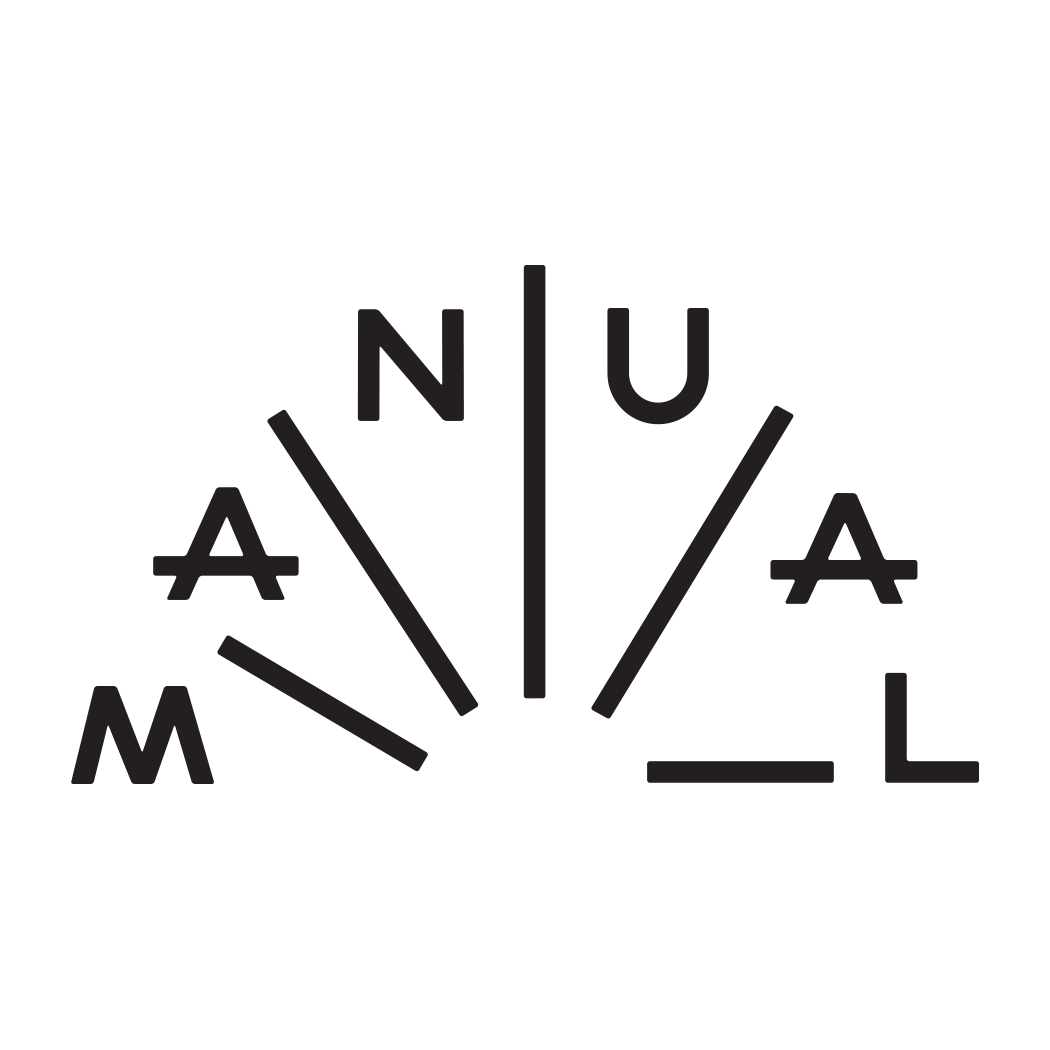Potential Near Futures in Specialty Coffee
The following piece was previously published in "User Manual Nº1"—the zine published by Manual. In the aftermath of the Specialty Coffee Association of America's annual expo (#SCAA2015), we wanted to share a few of our hopes for the craft coffee industry here. Just a few thoughts on an obsession.
Home roasting is the new home brewing
For me, home roasting demystified a step in the coffee supply chain. I feel a step closer to the origin when I start to treat green coffee beans like produce. And with affordable and functional micro roasters entering the market, a basically non-existent learning curve, and inexpensive & high quality green coffee beans available all over the Internet—people are going to start realizing they don’t necessarily need to be paying retail prices for high quality beans.
But home roasting is not a movement against commercial roasting—it’s definitely a craft that an amateur will struggle to master. But just like home beer brewing experienced over the past few decades—home micro production is an opportunity for people to explore, learn, and experiment alongside the pros—ultimately making more sophisticated coffee consumers.
The return of the blend
The recent obsession with single origin coffee has started training our palettes to recognize all sorts of interesting tasting notes—and it’s really rewarding to understand what you’re getting when you choose between a Colombian and a Kenyan or a washed and a natural. But at the same time, blends have been marginalized as something roasters make just to have a cheaper and more consistent offering.
Perhaps a good metaphor is bourbon—currently single origin coffees are to single barrel bourbons as coffee blends are to blended whiskies. A bottle of Buffalo Trace is inexpensive but consistent, while a Blanton’s is less predictable, but offers more depth of flavor.
But what if we reframed the coffee blend as a craft cocktail? An expertly mixed cocktail brings out flavors and complexities that are truly unique which you would never compare to a single-barrel bourbon. In addition, cocktails highlight the ability of the bartender to conceive a recipe, perfect it, and repeatedly produce. What if coffee blends elevated the roaster in the same way?
Less focus on brands, more focus on farms
For anyone deep into coffee, caring about the origin of the coffee—the country, the region, the farmer, even the microlot—is common. But for the millions of folks just getting into craft coffee, shifting the perception from a product of industry to agriculture will be a big step. Even in the transparent and progressive world of specialty coffee, consumers often form allegiances (and therefore preferences) to specific companies based on branding and design—when in reality the coffee’s origin, process, and varietal drive the distinctive flavors.
Since these brands are forging direct relationships with coffee farmers and investing financially to create a better quality product, they should start to reframe their brands as curators of the world’s best coffee crops. This would mean a lot less focus on their own brand, and providing much more education on how each coffee gains its unique character from how it is farmed and processed. Brands might become more like excellent farmers markets—curating the best “vendors” and educating consumers on what makes each one special.
Even more ways to make a cup
In the past few years there have been dozens of new manual coffee brewers, hundreds of accessories, and a growing number of new brands offering automated machines as well. It might all seem overwhelming—do we really need that many ways to make a cup of coffee? But think of all the ways you can apply heat to a piece of meat; from the appliance you use, to the pan it’s sitting in, to the amount of time and level of heat, to the seasoning you apply. There’s hundreds of ways to cook a simple meal, each producing different qualities, and many of them yielding similar results. There’s no right or wrong way—as long as it tastes good. And since coffee is something we’re making every day, often multiple times in a day, you’re more likely to get more value from a new coffee brewer than you will from that bread maker, deep fryer, or sous-vide immersion circulator. Makers gotta make, brewers gotta brew.




